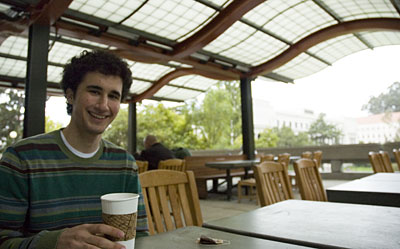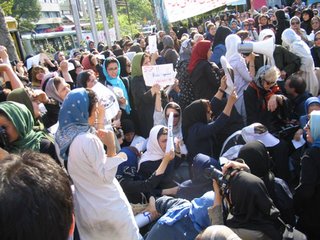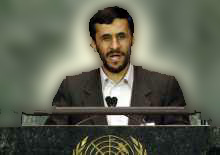Persianality, Jason's Perspective from Iran
 Jason Rezaian, has posted his comments about his latest travel to Iran on SF Chronicle blog. He also has put some fresh pictures, by Yalda Moayeri which are really fits to what he says. Jason travels frequently to Iran and has contributed articles to several newspapers and magazines, including the San Francisco Chronicle. He is also the writer, executive producer and narrator of a feature length documentary film on Iran called A World Between. He's also the founder and director of The Iran Media Service.
Jason Rezaian, has posted his comments about his latest travel to Iran on SF Chronicle blog. He also has put some fresh pictures, by Yalda Moayeri which are really fits to what he says. Jason travels frequently to Iran and has contributed articles to several newspapers and magazines, including the San Francisco Chronicle. He is also the writer, executive producer and narrator of a feature length documentary film on Iran called A World Between. He's also the founder and director of The Iran Media Service.Jason looks at the Iranian society with a sharp eyes which makes is very objective for the poeple who want to get an insight picture from the countriy which is labeled by the President Bush as one of the funders of the Axis of Evil Club countries. Jason also is a smart photographer, pictures which capture the hot moments of the Iranian's daily life...














